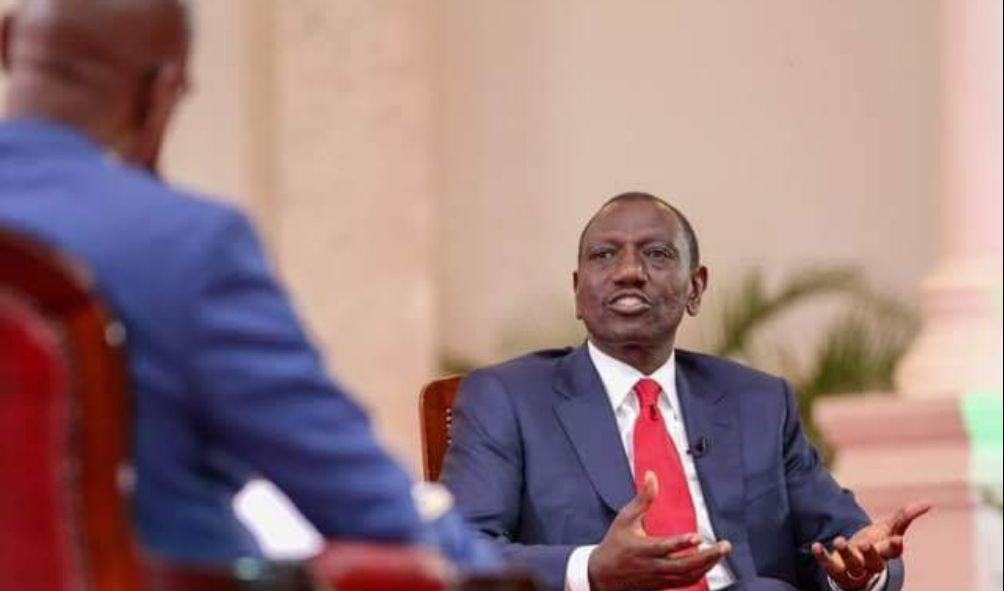President Ruto Announces Plans to Tax Kenyan Content Creators Benefiting from Monetisation Scheme
President William Ruto has announced plans to introduce taxes on content creators benefiting from the monetization scheme he secured in April 2024.
Speaking at the Kenya Private Sector Alliance’s 20th Anniversary celebration in Nairobi, the president highlighted that the agreement allowed Kenyan content creators to commercialize their work, enabling them to earn millions in the digital realm.
Ruto emphasized the importance of fairness, stating that taxing these content creators would help create a level playing field for all taxpayers.
“I worked with TikTok and Facebook, making Kenya one of just four countries where creators can monetize their accounts,” he explained.
He added, “Some creators now earn up to Ksh.1 million. If someone earning Ksh.20,000 or Ksh.30,000 pays taxes, shouldn’t someone earning Ksh.1 million also contribute to the tax pool, especially when we’ve facilitated their success? It seems reasonable to me.”
ALSO READ:
- Kenya Owes Chebukati a Hero’s Farewell for ‘Saving’ Democracy – MP Declares
- HELLFIRE HORROR: Worshippers in Bomet Torch Granny Alive in ‘Satanic Purge’ Ritual(Video)
- Haitian Police Caught in Explosive Feud with Kenyan Peacekeepers? Officials Scramble to Deny Rift
- Raila Odinga’s 2027 Options After Shocking AUC Defeat
- Congo Frees Opposition Leader and Former President’s Ally Jean-Marc Kabund
The government has already initiated steps to impose taxes on the digital sector through the Tax Laws (Amendment) Bill, of 2024, which will likely bring digital operators into the tax system.
After public input, the bill is scheduled for its Second Reading in Parliament.
Earlier in April, Ruto mentioned that the government had reached an agreement with Google, META, and TikTok to enable Kenyan creators to monetize their content.
“Our talented youth excel in various fields such as music, theatre, graphic design, digital animation, fashion, crafts, and emerging areas like virtual and augmented reality,” said Ruto.
However, Ruto’s claim that Kenya is one of only four countries to monetize creators’ content contradicts Google’s monetization policy, which lists 12 African nations as YouTube’s monetized markets, including Kenya, Morocco, Nigeria, South Africa, Tunisia, Uganda, Zimbabwe, Egypt, Algeria, Ghana, and Libya.
Meta, on the other hand, has long offered monetization options for content creators, though initially limited to brand partnerships and sponsored campaigns. Today, creators have access to more opportunities, such as payments for Reel content.
President Ruto Announces Plans to Tax Kenyan Content Creators Benefiting from Monetisation Scheme
